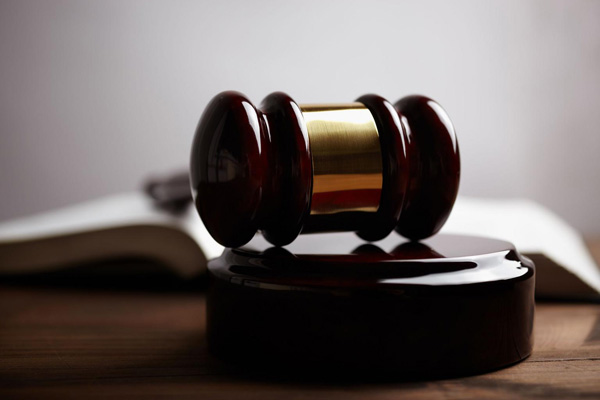The Supreme Court denied hearing to the young plaintiffs concerning about the environment By Jia Yoo

[An image of Judge’s Baton. Photo Credit to Free-Images]
On March 24, 2025, the U.S. Supreme Court officially declined to hear Juliana v. United States, effectively bringing an end to a legal battle that continued nearly a decade.
The case was filed by 21 young Americans with support from the nonprofit Our Children’s Trust.
Their goal was to establish that the federal government holds a legal duty to address climate change.
Kelsey Juliana and other plaintiffs argued that the United States' policy of promoting the use of fossil fuels directly impacted the degradation of the climate.
They claimed this policy direction violated their constitutional rights to life, liberty, and property and infringed upon the public trust doctrine - a legal principle that requires the government to preserve natural resources for the benefit of both current and future generations.
The case began on August 12, 2015, when the plaintiffs first filed a lawsuit in a federal district court.
Although the case was initially dismissed, it was later allowed to proceed following judicial reconsideration.
However, the government continued to push back, arguing that allowing the case to move forward would force the judiciary to overstep its constitutional role by dictating environmental policy.
After a government appeal, the case was sent to the Ninth Circuit Court of Appeals on November 30, 2018, where the court favored the government.
Still undeterred, the bold children petitioned the Supreme Court, which refused to hear the case on March 24, 2025, denying them the opportunity to present their arguments before the nation’s highest court.
The reasons for the Court’s decision have been the subject of wide debate.
Legal analysts suggest that the plaintiffs struggled to establish a direct causal link between federal actions and specific, personal harms they had suffered due to climate change.
The lack of definitive evidence tying government fossil fuel policy to measurable harm weakened their case.
Furthermore, the Court appeared reluctant to expand the interpretation of constitutional protections to encompass the climate crisis.
Justices expressed doubt that the rights to life, liberty, and property, as outlined in the Constitution, could be applied to environmental degradation caused by policy choices.
There was also concern that judicial intervention in the case would blur the boundaries between the judiciary and the legislative and executive branches, particularly in shaping national climate policy.
The Court suggested that such involvement could raise serious questions about the balance of powers outlined in the U.S. Constitution.
Had the Court agreed to hear the case and ruled in favor of the plaintiffs, it could have set a legal precedent with extensive implications, potentially requiring the federal government to take direct action to reduce carbon emissions and revise energy policies.
Critics of the dismissal argue that his outcome missed a chance to redefine governmental accountability in the face of accelerating climate emergency.
From a legal perspective, it challenged the application of constitutional and environmental law and reignited debates over the role of the courts in addressing climate change.
Politically and socially, it symbolizes the growing movement of youth-led climate advocacy and demanding accountability from those in power.
Following the decision, Our Children’s Trust reaffirmed its commitment to the cause, stating, “In addition to ongoing legal efforts in the United States, Our Children’s Trust is exploring bringing the Juliana cause to international venues, where issues of climate rights and governmental responsibility to protect young people’s futures can be examined under the framework of international law.”

- Jia Yoo / Grade 9
- Newton Academy

![THE HERALD STUDENT REPORTERS [US]](/assets/images/logo_student_us.png)
![THE HERALD STUDENT REPORTERS [Canada]](/assets/images/logo_student_ca.png)
